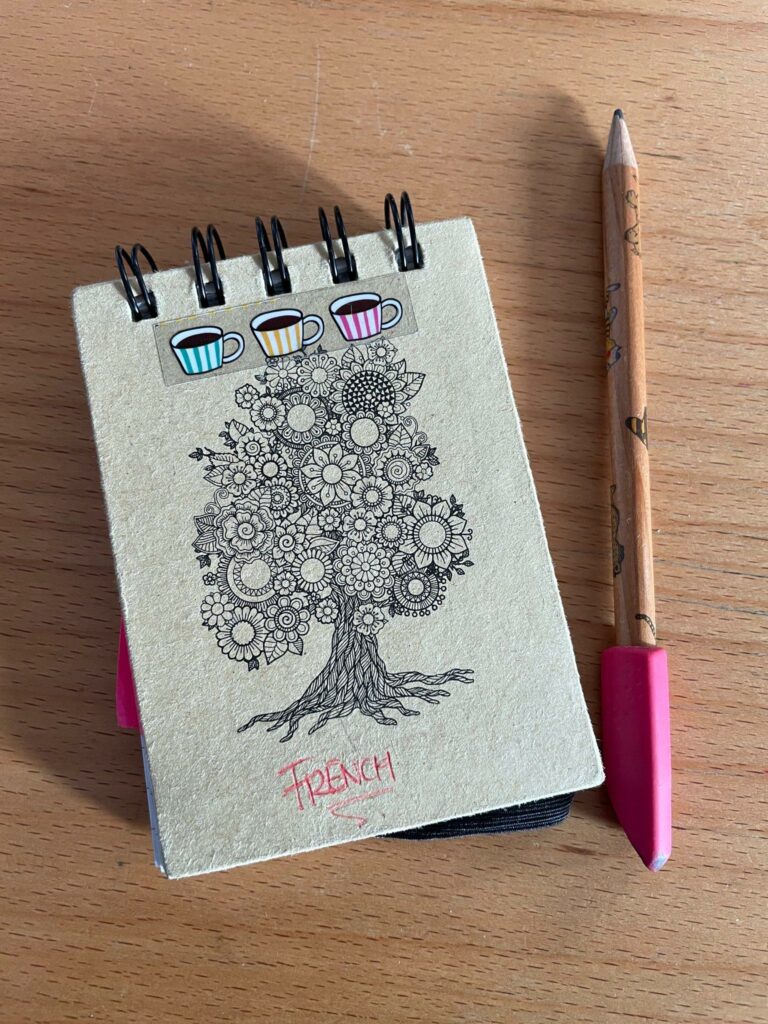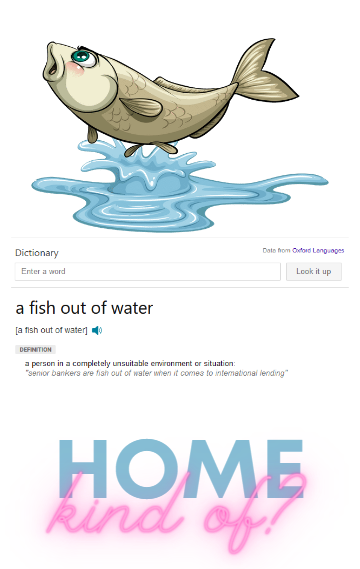Corinne: Excellent. Well, it’s great to have you on the show. I want to – I’m coming out for lunchtime and whenever I talk to you, I think about hamburgers.
Florence: And I hope gluten-free.
Corinne: So, tell my listeners why I always think about hamburgers when we speak.
Florence: Oh, I think it’s because I’m French, as we’ve just mentioned. And I just love food and wine and as well, I have to be honest, and indeed, why burgers?
Because working with children and working with top managers, when we talk about culture, it’s sometimes difficult. We have such amazing intercultural concepts. But I really wanted to make sure that each and every one could use it on a basis, on a daily life, and also to make sure that they can create their sense of identity and create their own cultural profile.
So, I created the burger, the burger metaphor of culture.
It’s quite interesting, I had some kids yesterday and they were like,
“Do you have like gluten-free burgers?
Do you have like vegan burgers?”,
I’m like:
“That’s the beauty of it. We can do any burger you want, the one that really resonates and makes you happy. Because the most important thing is that you are this burger and I know it’s nearly lunchtime, so the goal is to really build a juicy burger.
And to do this it’s really cool because the bread/bun will be your home country, your passport country. So obviously it never changed or you can add a nationality, for example, but it never changed. So, in my case, we talked about my French accent, but you don’t see me, but I am from Sri Lanka, I was born over there, so I was adopted. So, in Sri Lanka I would say that on my bread there are some curry seeds because it’s part of me. And so, you know, like, you can really draw and I think it’s very important also to visualise all the emotions and to put them inside this beautiful burger because all the ingredients you put are the values that you have raised during all your expert experience. And the more ingredients you have, obviously, the more juicy your burger will become.
(Corinne: More interesting, right?)
And more interesting it will be because I really, I’m so glad I had the chance to meet with Ron Reagan, who is a pioneer of this Subculture Kid and she wrote amazing books about it. And really, when she read my book, “I’m A Citizen Of The World”, when I met her in Bangkok, she was like, “This is great”, because sometimes the kids from our generation, they have moved so many times. So, they’re just like, “I’m not a subculture kid in the sense of number three because I’ve moved like maybe six or seven times”. So that’s why I wanted to show them that it’s not a question of number. It’s really a question of food and of ingredients you put in.





















